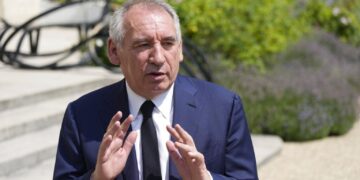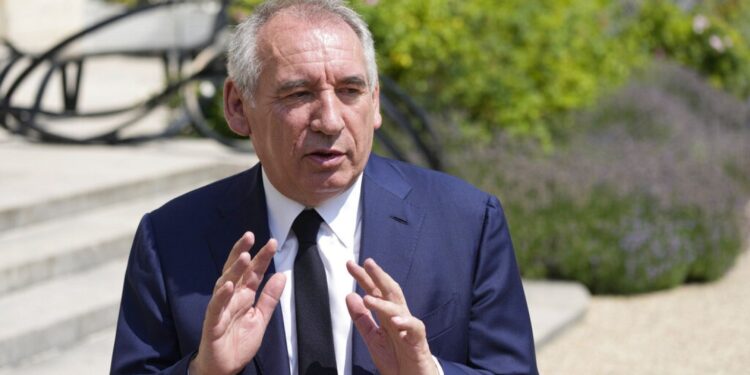By Emmanuel Nduka
French Prime Minister Francois Bayrou has unveiled a controversial proposal to eliminate two public holidays and freeze most public spending as part of a sweeping plan to reduce the country’s massive budget deficit.
Bayrou suggested that dropping holidays such as Easter Monday and Victory Day (May 8) could stimulate economic activity and generate additional tax revenue, contributing to a broader €43.8 billion ($50.88 billion) cost-cutting initiative aimed at restoring fiscal stability.
The proposal aligns with President Emmanuel Macron’s directive to address France’s growing debt burden, while also increasing defence spending to counter emerging threats, particularly from Russia.
Bayrou said the potential elimination of holidays was a suggestion, not a final decision, and that alternative ideas would be considered. France currently observes 11 national holidays annually.
“Some of these days off, particularly in May, make the calendar resemble a ‘Gruyère cheese’ full of holes,” Bayrou remarked, highlighting the impact on productivity.
He specifically questioned the religious significance of Easter Monday in today’s France.
The fiscal plan, which outlines budget priorities for 2026, aims to reduce the national deficit from 5.4% of GDP in 2025 to 4.6% by 2026, with a longer-term goal of meeting the EU’s 3% limit by 2029. “It’s the last stop before the cliff, before we are crushed by the debt,” Bayrou warned during a press briefing.
However, the plan faces significant political hurdles. With Macron’s centrist alliance lacking a parliamentary majority, Bayrou must seek backing from both left- and right-wing factions to pass the budget later this year. The far-right National Rally party and several trade unions have already voiced strong opposition to the proposed cuts.
Bayrou’s position is precarious, and failure to build a coalition around the budget could cost him his job. A deadlock may trigger yet another political crisis, risking further credit rating downgrades and higher borrowing costs. Interest payments are already projected to exceed €60 billion, making them the largest single expense in the national budget.
President Macron, in the final stretch of his second term, has handed over the responsibility of restoring public finances to Bayrou, after last year’s snap legislative elections resulted in a fragmented parliament.
The prime minister’s success or failure could define the legacy of Macron, who was first elected in 2017 on promises of economic reform and political renewal.
Despite early ambitions to overhaul France’s economy through tax cuts and pro-growth policies, Macron has faced repeated setbacks from protests, the COVID-19 pandemic, and inflation.
Now, with public finances in their worst state in the eurozone, Bayrou’s budget reforms could mark a last-ditch effort to bring fiscal discipline before the next cliff edge.




































